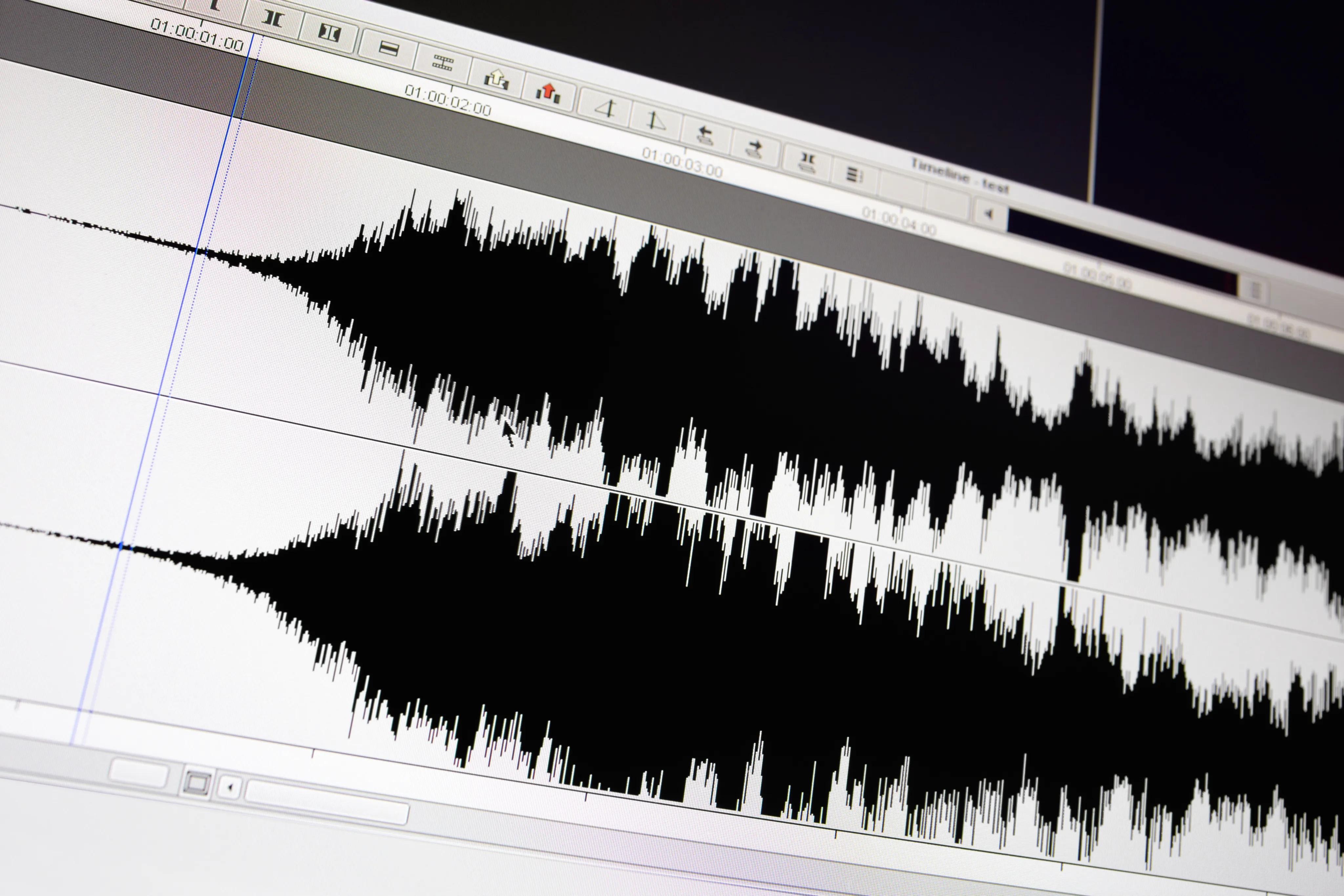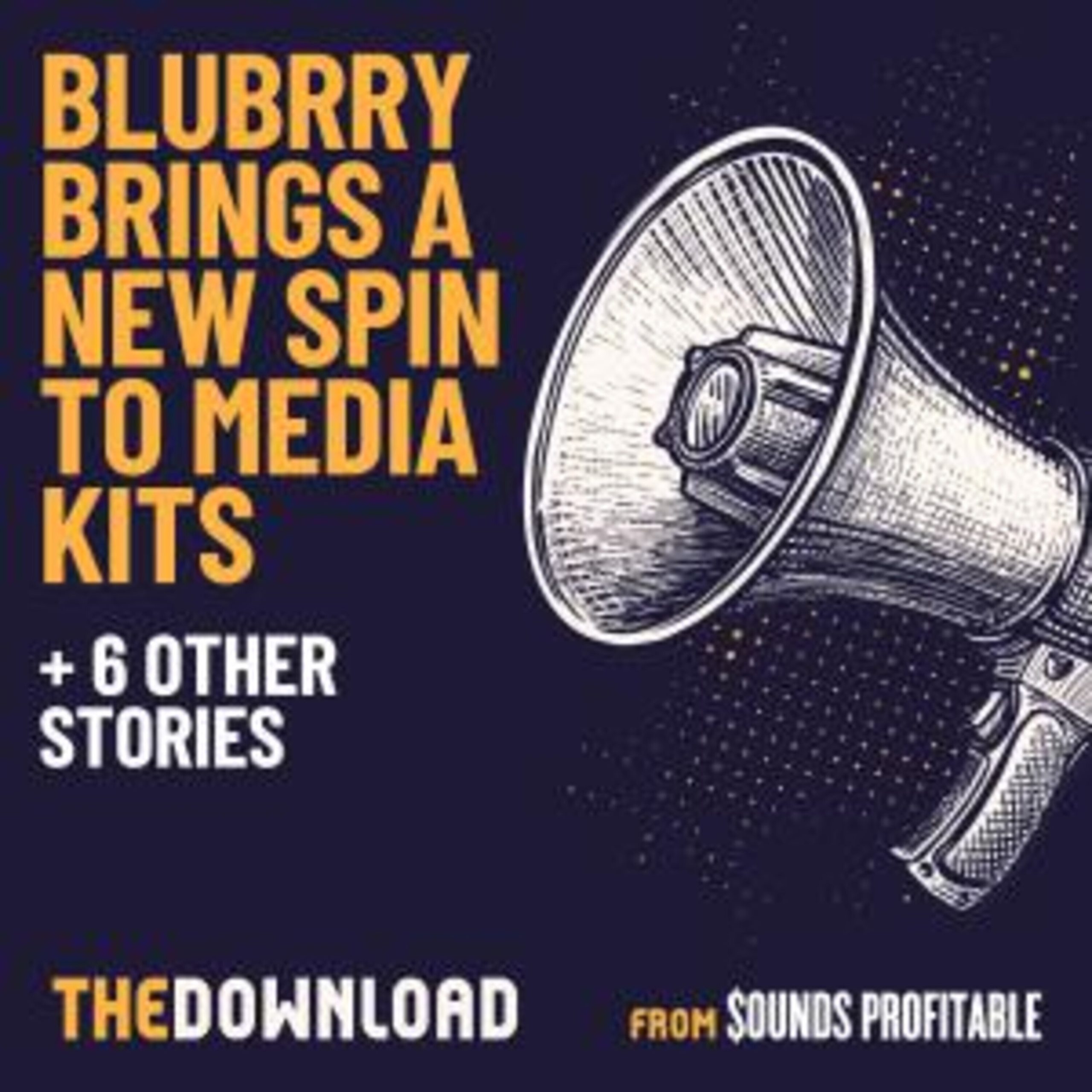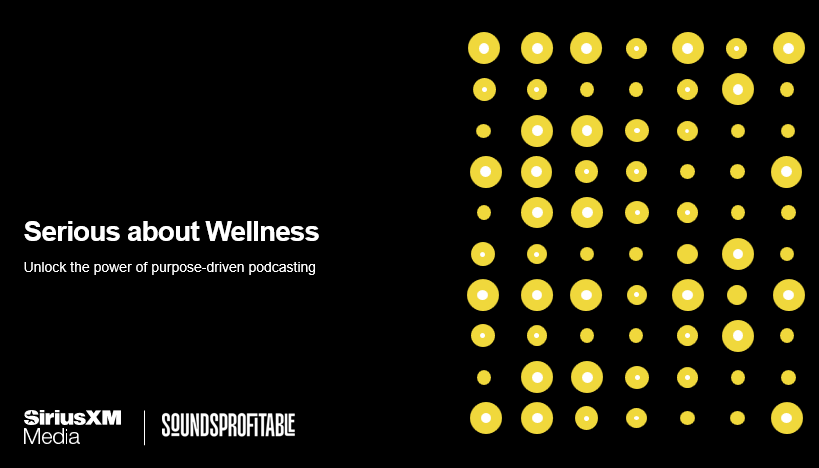This week on The Download: Blubrry brings a new spin to media kits, Twitter’s building a podcast player, TargetSpot expands into Latin American audiences, Overcast’s creator has beef with how podcasters use DAI, and Anchor’s co-founder finds RSS standards restrictive to innovation.
While a significant portion of the United States was recovering from an excessive amount of explosive devices used over the holiday weekend, Blubrry announced a new way for podcasters to present themselves to potential sponsors and partners.
“Blubrry is introducing a podcasting industry first by providing all Blubrry paid customers a podcast media kit that updates daily with information you choose to include. The kit includes data you provide, podcast statistics and audience survey results.”
Data points that can be included in the kit range from simple unchanging data points like website or show start date to granular things like social media follower counts, average monthly downloads per episode, and Blubrry audience survey results.
While not technically a media kit, this is a great step forward in helping arm podcasters with useful information they can give advertisers interested in evaluating their show. While lacking in the usual collection of logos and information ephemera a true media kit designed to be attractive to press, this sort of media kit 2.0 cuts down on a fair amount of repeat labor. To The Download’s knowledge this is the first time a hosting company has automated this process and included actual download statistics in the package. Usually the process is a tedious manual one that requires regular updates by either the show runner or their representation to pull each data point.
Kudos to Blubrry for being the first to market with this dreamed-of feature.
Once again we bring news of a social media platform showing interest in podcast integration, but this time it feels more legitimate. Frontend engineer and code researcher Jane Manchun Wong did some digging. In her to-the-point tweet she announced:
“Twitter is working on in-app Podcast player.”
Attached to the tweet is a screen recording of the new player in action, showing Wong clicking on show art for Office Ladies, which prompts a new podcast player overlay.
For the younger folk in the room, it’s worth noting that Twitter didn’t spring forth fully formed into the world. In its primordial form the service was originally Odeo, a 2005 attempt at what we’d call a podcast social media network today. Podcasting is literally in Twitter’s DNA.
This Monday Podnews shared an announcement from TargetSpot concerning a promising step towards diversifying podcasting further. The adtech company is opening a Latin American-focused office in Miami, Florida under the leadership of Angelica Potes. Chief Revenue Officer Alexandre Ouhadi said:
“We are glad to finally be physically present in the Latin American Market. We have created amazing partnerships with big name publishers. This is the right moment to officially go live. Audio is growing rapidly, so it’s a great opportunity for advertisers to leverage their digital media budget through this engaging medium.”
Diversity in language, ethnicity, and geographical location is how the podcast industry expands. Hispanic/Latino creators are incredibly well represented in podcasting in comparison to the overall US population. Providing revenue opportunities for those audiences provides the ability for new businesses to be built to capture that revenue. This is good growth for the industry.
On Tuesday Marco Arment, creator of podcatcher Overcast, took to Twitter to address a trend in negative reviews for his app. In four screenshots provided four different anonymous users cite an abundance of jarring advertisements. Some complain about the amount and quantity of ads, one claims the ads were so poorly-optimized the volume shift was enough to burst their eardrum.
While the last review’s threat of legal action might be hyperbolic, Arment is still concerned.
“Cheap, sloppy dynamic ad insertion (DAI) in podcasts continues to degrade the experience for listeners. They blame the app, and that’s my problem to deal with.”
He goes on to ask podcasters who poorly implement DAI “what are you doing” in all capital letters.
Sounds Profitable’s Bryan Barletta took issue with this in a quote-tweet of Arment, citing issues like frequency capping, comp separation, and other features related to poor-quality ad placement:
“…are not tech issues, they’re business decisions. Your host doesn’t offer it? Switch hosts. And don’t buy inventory that doesn’t support your needs.”
Sloppy implementation of DAI is a recipe for disaster, and there’s plenty of evidence of podcasters falling for that trap. Too often that sloppiness is built in under the guise of ‘automation’, which often leads to odd ad breaks added by the hosting company filled with even odder ads.
So what’s the solution? Bad ads—ads that don’t fit the context of the episode, ads that are recorded at wildly different volumes than the rest of the episode, or an overabundance of ads in an episode—are predominant in dynamically inserted programmatic ads as well as baked-in host-read ads. And solid DAI implementation can power highly relevant host-read ads that sound like they belong in the episode.
In the end, it comes to having an ad strategy as well as tactics that are acceptable to the podcaster, the advertiser, and the audience as well. And it’ll make it less likely for listeners to blame their listening app for something that’s not their problem. We got you, Marco.
On Tuesday Anchor co-founder Michael Mignano posted a Medium blog titled “The Standards Innovation Paradox.” In it, he proposes the theory that standards like RSS were useful in helping podcasting grow in the beginning, but have become restrictive over time as services all adapt the same standards and any new additions come with all previous updates as well.
“If you’ve ever searched the App Store or the Google Play store for a podcast app, you’ve likely come across a tidal wave of search results. In some ways, this fragmentation is great for users, because it means they have a ton of choice and flexibility in what product to use for their podcast listening. But at the same time, this fragmentation is bad for innovation, and makes it nearly impossible to innovate on experiences that are based on RSS, meaning the podcast listening experience has remained stale and largely unchanged for almost the entirety of podcasting.”
On Wednesday James Cridland published a rebuttal in the form of “The Standards Innovation Paradox: is it real?” The piece takes Mignano’s to task and seeks to add outside context to his thought process, namely the fact Mignano worked at Spotify after they bought out Anchor. During that tenure the company threw itself into reinventing podcasting without RSS, instead using the proprietary method that follows Mignano’s proposal that proprietary tech is required due to the difficulty of forcing a standard to evolve.
“Yet, Spotify absolutely could evolve the standard: because by April 2022, they were big enough, with at least 30% market share, to have set the standard themselves.
They could have said “here’s how to signal the video asset in your RSS feed, and if you do this, you’ll get video podcasts in Spotify too.” They could have looked at the currently existing solution to this, the podcast namespace’s alternateEnclosure tag, and adopted that (and, possibly, molded it to their needs). But, they didn’t.”
Cridland goes on to point out decisions to stick with black box proprietary tech conveniently also mean any user who wishes to take advantage of that new tech is permanently locked into using Anchor as a hosting service.
The risk of an open ecosystem is the ability for aggregators to control and separate the industry. For all the dour news about a lack of profits, Spotify is currently succeeding at this to some degree. RSS is capable of doing everything Mignano’s piece takes issue with; issues he has historically complained about even prior to the buyout.
Innovation is stifled not by standards, but by people and businesses with the necessary power to adopt new standards instead choosing to whine about having to share space and leverage that to release new impenetrable black boxes.
Finally, it’s time for our semi-regular roundup of articles we’re tentatively calling Quick Hits. These are articles that didn’t quite make the cut for today’s episode, but are still worth including in your weekend reading. This week’s Quick Hits are
Spotify acquires music trivia game Heardle by Ariel Shapiro.
Podcasting: True or False? By Fred Jacobs.
As usual, links to everything mentioned can be found in the episode notes.


 "
"



